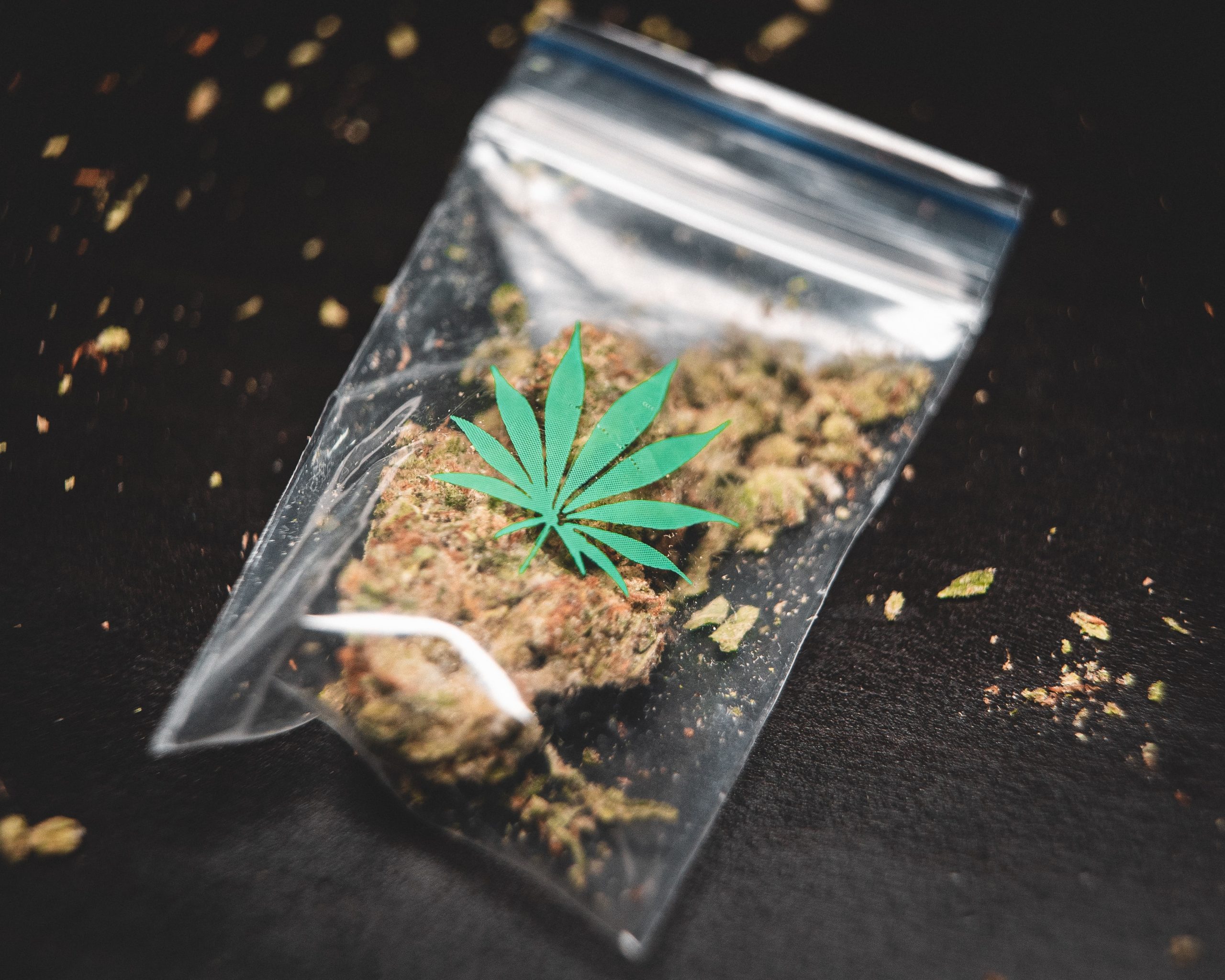- 8 May 2023
- 68
The Dark Side of a Drug Horses Thrive, Humans Suffer

Phenylbutazone, commonly known as “bute,” has been used for decades to manage pain and inflammation in horses. The drug is an effective treatment for a variety of equine injuries, including joint pain and muscle soreness. However, concerns have been raised about the safety of the drug in humans, with even small amounts leading to serious health problems such as kidney damage and bone marrow suppression.
The controversy surrounding phenylbutazone has been ongoing for years, with animal welfare activists calling for the drug to be banned due to concerns about the safety of both horses and humans. While the drug is effective in managing pain in horses, concerns have been raised about its use as a performance-enhancing drug and its potential to mask injuries.
Animal welfare activists argue that the use of phenylbutazone in horses is cruel and inhumane. They claim that the drug is often used to mask pain and injuries in horses, allowing them to continue racing or training despite being injured. This can lead to further injuries and can ultimately be fatal for the horse. Additionally, there is a risk of contamination of the food supply if horses treated with the drug are sent to slaughter.
Trainers and horse owners argue that the drug is necessary for the management of pain and inflammation in horses. They claim that without the drug, horses would be unable to race or train due to the pain and inflammation associated with injuries. Furthermore, they argue that the drug is safe when used properly and that the risks to humans are minimal.
Despite these arguments, concerns about the safety of phenylbutazone in humans have led to increased scrutiny of its use in horses. The drug is banned in many countries for use in food-producing animals, and regulations surrounding its use in horses have been tightened in recent years.
The controversy over phenylbutazone highlights the complex issues surrounding the use of drugs in the horse racing industry. While the drug has many benefits for horses, concerns about its safety in humans have raised serious questions about its use. As the horse racing industry continues to face increased scrutiny, it is likely that the use of phenylbutazone will remain a topic of discussion and controversy in the years to come.
There is a need for increased research into alternative treatments for pain and inflammation in horses, as well as increased regulation and monitoring of the horse racing industry. It is important for all stakeholders to consider the risks and benefits of the drug, and to work towards solutions that prioritize the safety and well-being of both horses and humans.
In conclusion, the controversy over phenylbutazone highlights the need for a balanced approach to the use of drugs in the horse racing industry. While the drug has many benefits for horses, concerns about its safety in humans cannot be ignored. As the debate continues, it is important for all stakeholders to work together to find solutions that prioritize the safety and well-being of both horses and humans. Only then can the dark side of this drug be brought to light, and a safer future for all be secured.

